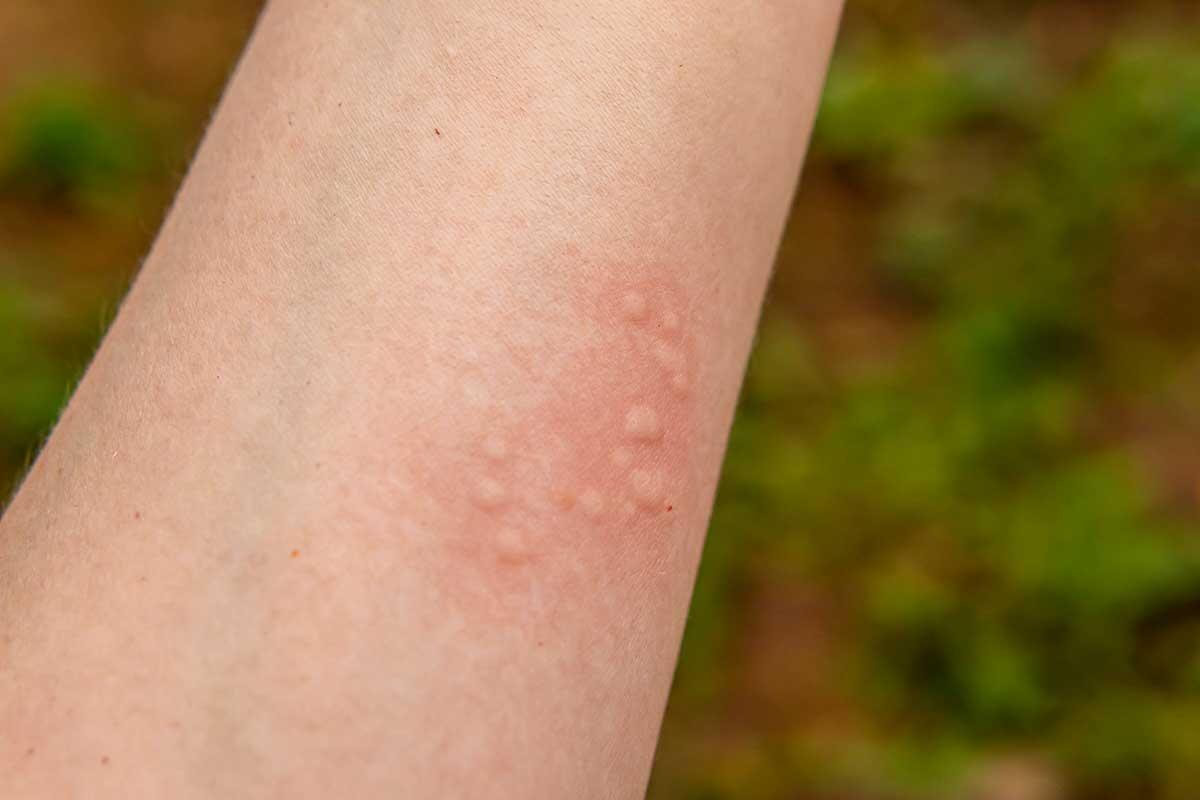Everything About Hives (Urticaria): Symptoms, Causes, and Treatments
Hives, medically known as urticaria, are a common skin condition characterized by red, itchy welts that can appear anywhere on the body. While often temporary, chronic cases can significantly impact quality of life. At Clinic Consultation, we specialize in diagnosing and managing hives to help you regain comfort and confidence.
Understanding the Symptoms of Hives
Hives are marked by several noticeable symptoms, including:
- Raised Welts: These can vary in size, from small spots to larger patches, and often appear red or pink.
- Severe Itching: The itching can range from mild to intense, making daily activities challenging.
- Swelling: In some cases, angioedema occurs, causing deeper layers of the skin to swell, particularly around the eyes, lips, or extremities.
Symptoms can develop suddenly and last from hours to several days. Chronic hives may persist for weeks or even years. Clinic Consultation recommends seeking medical attention if symptoms persist or worsen.
What Causes Hives?
Hives result from the release of histamine and other chemicals by the body, often triggered by:
- Allergens: Foods like nuts or shellfish, medications, or insect stings.
- Environmental Factors: Heat, cold, or sunlight exposure can provoke hives in sensitive individuals.
- Stress and Anxiety: Emotional stress can act as a catalyst for hives in predisposed individuals.
- Infections: Viral, bacterial, or fungal infections can trigger an outbreak.
Identifying triggers is crucial for effective management. At Clinic Consultation, we use advanced diagnostic tools to pinpoint your specific causes and provide tailored advice.
Types of Hives
Acute Urticaria
This type typically lasts less than six weeks and is often linked to allergens or infections.
Chronic Urticaria
Hives lasting more than six weeks are considered chronic. Causes can include autoimmune disorders or unknown triggers (idiopathic urticaria).
Physical Urticaria
Triggered by physical stimuli such as pressure, temperature changes, or exercise.
Understanding the type of hives you have is essential for targeted treatment. At Clinic Consultation, our team of specialists ensures a precise diagnosis to guide your treatment plan.
Effective Treatments for Hives
Antihistamines
These medications block histamine to alleviate itching and reduce welts.
Corticosteroids
Used in severe cases to control inflammation.
Advanced Therapies
For chronic hives unresponsive to standard treatments, biologic therapies like omalizumab may be recommended.
Home and Lifestyle Remedies
- Avoiding known triggers.
- Wearing loose, comfortable clothing to reduce irritation.
- Practicing stress management techniques like mindfulness and yoga.
Clinic Consultation offers a holistic approach, combining medical treatments with lifestyle adjustments to minimize hives’ recurrence and severity.
When to See a Specialist
It’s time to consult a doctor if your hives:
- Persist beyond a few days.
- Cover large areas of the body.
- Cause swelling in the throat or difficulty breathing (medical emergency).
Our experts at Clinic Consultation are equipped to handle urgent and chronic cases, ensuring your symptoms are addressed promptly and effectively.
Conclusion
Hives can be uncomfortable, but with the right care and management, you can lead a symptom-free life. At Clinic Consultation, we are dedicated to providing comprehensive care for skin conditions, including hives. Schedule your appointment today to take the first step toward relief.
